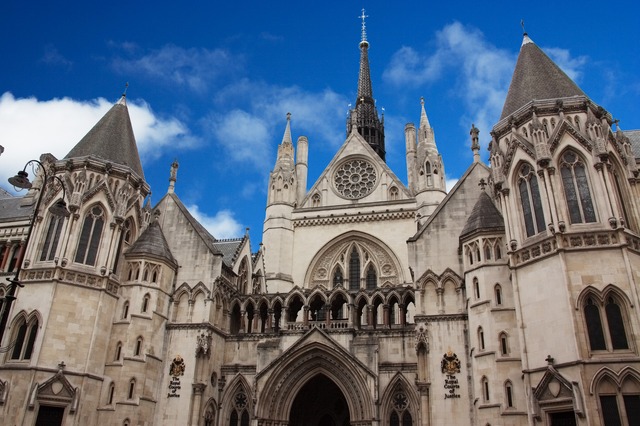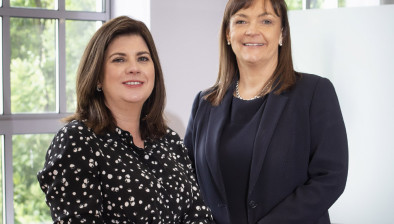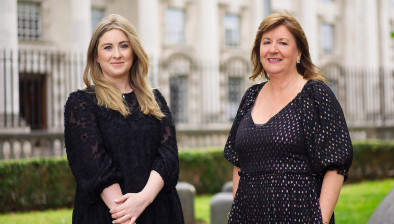England: Islamic religious marriage ruled invalid under marriage law

A landmark ruling that a couple’s Islamic marriage falls within the scope of English marriage law but is void has been overturned by the Court of Appeal.
In a judgment which could affect thousands of Muslims in England and Wales, the court has said that the “nikah” ceremony was an invalid ceremony with no legal effect.
The High Court previously ruled in 2018 that the Islamic marriage fell within the scope of the Matrimonial Causes Act 1973 but was void under section 11 of the Act, which specifies “certain requirements as to the formation of marriage”.
Solicitor Nasreen Akhtar, 46, had petitioned the court for divorce from her husband Mohammed Shabaz Khan, 46, who she married in a nikah ceremony in 1998.
Any finding that the marriage was void rather than a “non-marriage” would have had a major legal effect.
Charles Hale QC of 4PB, who represented Ms Akhter, said:”Thousands of women, usually Muslim women believe that they lawfully marry in this country each year by undertaking a religious ceremony only.
“Many of them (and it’s usually Muslim women) do not know in fact that, no matter how many people attend, no matter how public an expression of the marital contract, that they are not in fact lawfully married in accordance with the laws of England and Wales.
“This means that many have absolutely no rights at the end of what they believe to be their ‘marriage’. No rights to assets in the husband’s sole name, and no rights to maintenance, even if, as with Ms Akhter, they were married for 18 years.
“The Court of Appeal have dismissed human rights based first instance decision of Mr Justice Williams and have upheld the existing concepts of what constitutes a lawful marriage, but in doing so recognised that the concept of ‘non-marriage’ in these cases is offensive to many.
“The law in these cases is not keeping up with society. These vulnerable women need better protection that the law currently provides.”







